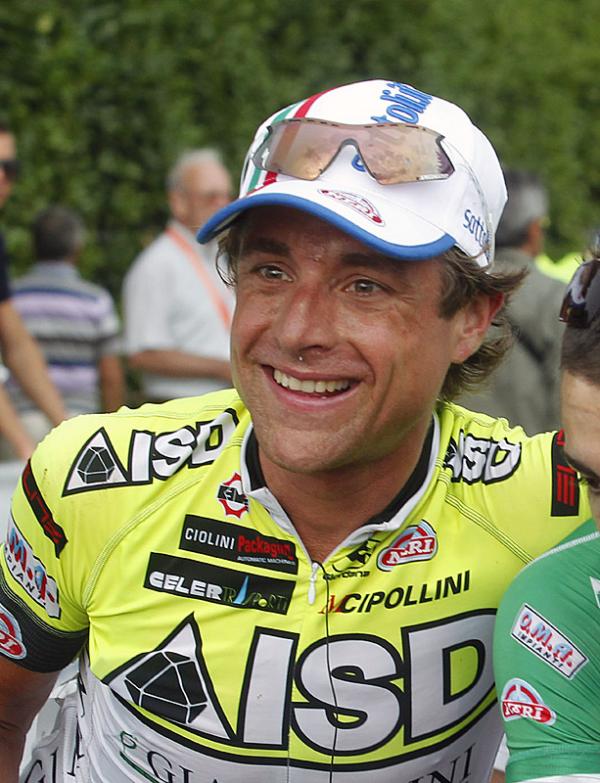Sinkewitz HGH doping case still pending, 11 months later
Case being handled by German sports court

Patrik Sinkewitz is the latest in a long list of riders whose doping cases have taken an extended period of time. The German was suspended after testing positive for human growth hormone (HGH) in February 2010, but his case is still pending before the German sports court.
Sinkewitz returns adverse analytical finding for Human Growth Hormone
Sinkewitz HGH positive remains a rarity
Sinkewitz denies doping and wants his B sample tested
Sinkewitz says UCI falsely claimed substance found in his body
Sinkewitz B-sample confirms growth hormone
Sinkewitz, 31, returned the “adverse analytical finding” after the GP di Lugano on February 27, 2011, and the B-sample was also positive. He was subsequently suspended by both the UCI and his team, Farnese Vini.
The German has vigorously denied the doping charges - questioning the lab results, calling the process unfair and threatening to sue the UCI.
However, nothing official has been publicly announced since the UCI's announcement in March, or anything unofficial since Sinkewitz' last comments in June. The case is still pending, but there is simply no further information available.
“The Sinkewitz case is still pending at the German NADO (national antidoping organisation); we have no decision from them so far,” UCI spokesman Enrico Carpani told Cyclingnews.
The German federation (BDR) said that it has passed the case along. “The federation has passed the case to the appropriate sports court and it is out of our hands. Nobody at the BDR can say at the moment, how things stand,” Christine Kapp of the BDR said.
The NADA confirmed those statements, saying it had started a procedure against Sinkewitz “for possible violations of the anti-doping rules” at the sports court of the Deutschen Institut für Schiedsgerichtbarkeit e.V.
The latest race content, interviews, features, reviews and expert buying guides, direct to your inbox!
“That procedure is, like all procedures at the German sport court, not public,” NADA spokeswoman Christina Gassner said. She added that the NADA could not further comment on the matter.
Sinkewitz was in the same position of not being able to comment. “I cannot and may not say anything about the procedure,” he told Cyclingnews. “I have to wait and can't hurry them along.”
He would face a lifetime ban if the charges are upheld. Sinkewitz previously tested positive for testosterone in 2007. He admitted to that incidence of doping use, cooperated with the authorities and received a reduced ban.
Sinkewitz has also made various claims as to blood doping at T-Mobile Team and the use of EPO while at Team Quick Step.